How Much is Your Data Worth?
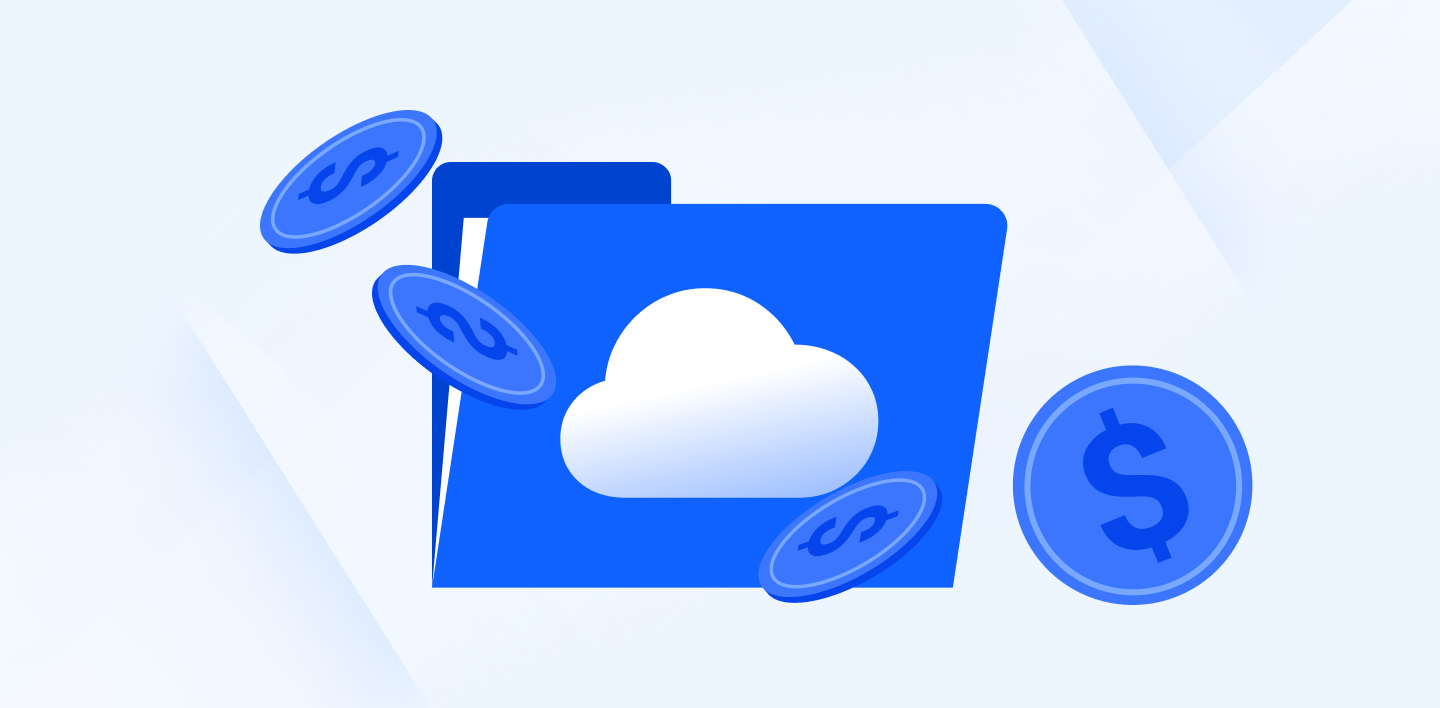
In a world full of subscriptions, the idea is that if you are not paying for something, you are the product.
Companies such as Google, Facebook, and Twitter earn huge revenue by collecting your data and selling it to advertisers, giving them access to your personal information.
In return, you may receive targeted advertisements on your feed. However, the disadvantages far outweigh the advantages.
Handing over your private data to external parties has the following implications:
- Loss of Control: Users are unaware of the extent to which their data is being collected or used. At a minimum, it involves data about online activities, browsing habits, and even personal details.
- Targeted Manipulation: Advertisers can use your data to create highly personalized ads, potentially manipulating your purchasing decisions or beliefs.
- Security Risks: The more data companies collect, the bigger the target for hackers and expose your personal information.
As a result, Facebook and Google users in the United States generated over $600 in revenue last year.
Although companies make their privacy policies available to users, they are often complex, lengthy, and lack transparency.
For this reason, we will break down exactly what your data is worth on social media platforms, search engines, and cybercriminals and how to clean your digital footprint.
Table of contents
- How much is your data worth to social media?
- How much is your data worth to Google?
- How much is your data worth to cybercriminals?
- What is your data worth on the dark web?
- The cost of your data in different demographics
- What is your data worth on other platforms?
- How to protect your data online
- Making the switch to protect your data
How much is your data worth to social media?
Facebook, Instagram, LinkedIn, and YouTube have made significant profits by selling user data to data collection companies. So, how does this work?
Social media has 4.9 billion users, all with different interests: music, shopping, reading, or whatever. Rather than trying to target everyone at once, advertisers will pay Facebook to get data on these users.
In return, advertisers pay these companies to reach the relevant audience through targeted adverts based on user habits.
Here’s an overview of how much your data is worth on average to social media platforms.
How to protect your data on social media
There are options available for more secure social media platforms should you wish to limit the data you share with Facebook or any other popular platforms.
However, if you have already built your social media presence, you can still limit your profile with the right privacy settings.
You can block advertisers from accessing and displaying your information to limit target advertising. To do so, navigate to settings, then select Ads. Another option is paying $9.99 not to see ads for EU users, but this does not benefit your privacy, as Facebook will still collect your data.
Be aware that Facebook regularly changes its privacy policies, so staying up to date with these will help protect your data during these updates.
Aside from target ads, Facebook and Twitter collect the following data:
- Name
- Phone number
- Payment information
- Email address
- Stored videos and photos
- Photo and file metadata
- IP address of the device
- Networks and connections
- Messages
- Content
- Videos watched
- Views and interactions with content and ads
- Time, frequency, and duration of activity
- People you communicate or share content with
- Sensor data from the device
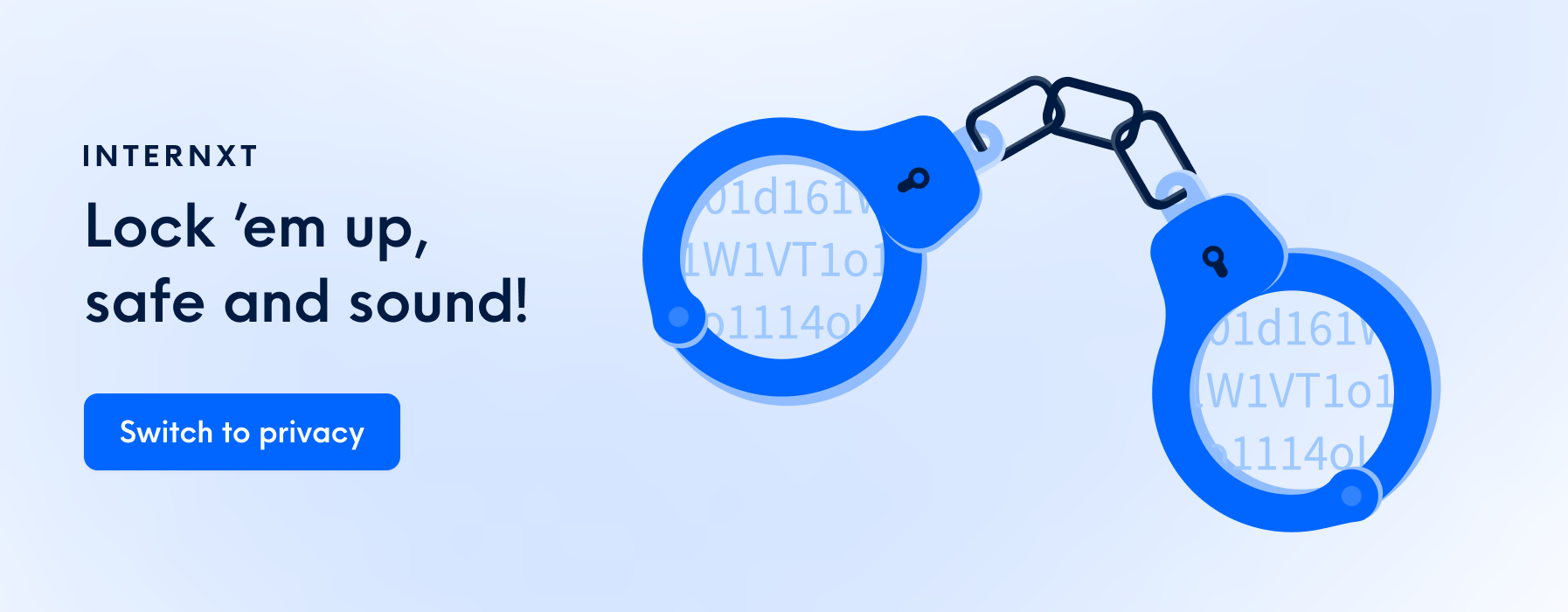
Although it can be a convoluted process to access and change privacy settings on these platforms, it is worth checking out your settings for your social media platforms to limit the data companies collect and profit from.
How much is your data worth to Google?
Google analyzes your search history, browsing habits, location data (if enabled), and YouTube watch history to understand your interests and demographics. Google then suggests relevant searches and recommends videos or products you might enjoy.
In return, Google made over $160 million from these ads and close to $30 million from YouTube, and its users lost their personal information in the process.
You can turn off Google Ad Targeting by:
- Navigating to Google’s “Ad Settings” page.
- Toggle “Ad personalization” to off.
Even if you take this step, Google will still collect certain data for essential functionalities. This might include:
- IP Address: This provides a general idea of your location.
- Browser Type: This helps them optimize website display.
- Search Queries: Though not for personalized ads, they might be used for overall search improvements.
- Basic Usage Data: This could include data on which Google services you use and for how long.
Another option is to opt for a more private browser, which limits the data you collect when surfing the web.
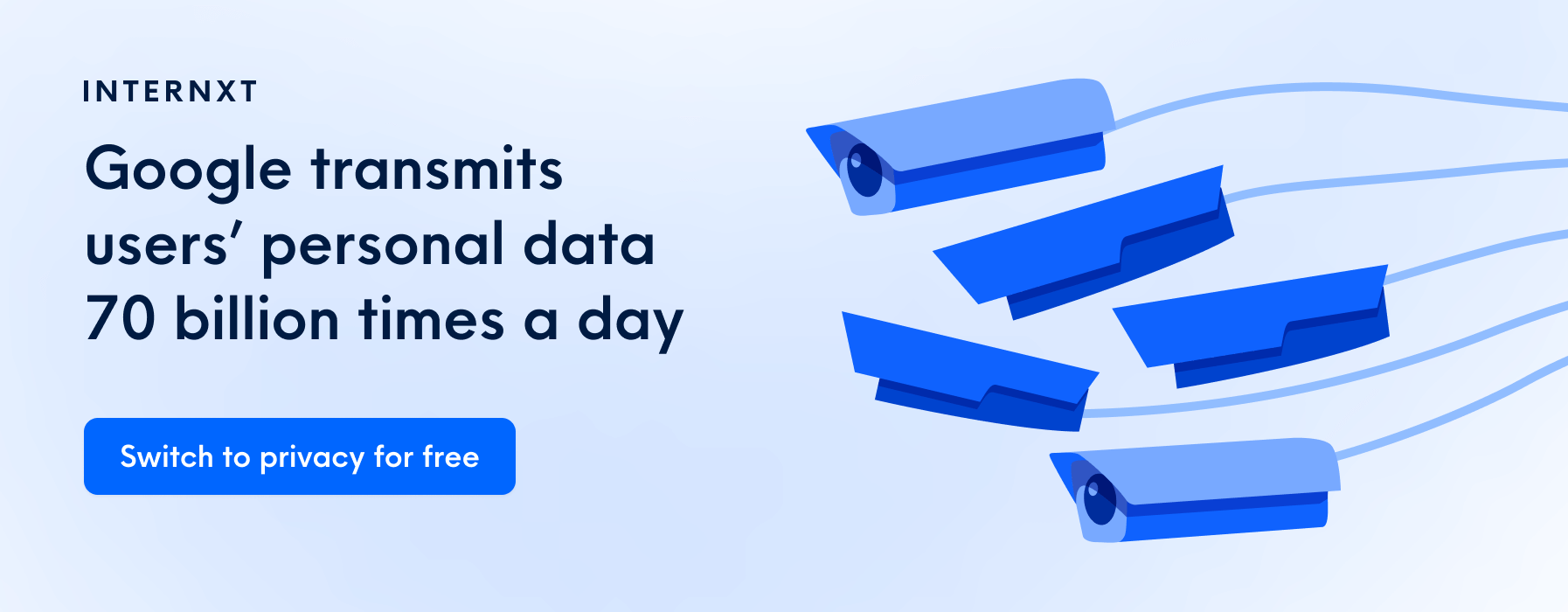
How much is your data worth to cybercriminals?
Cybercriminals will target social media to spread phishing links or malware which can expose your sensitive information. Another method threat actors will use is attacks on a website’s code to expose vulnerabilities, causing a data breach.
Once the information is exposed, criminals will sell the data on dark web forums. Depending on what information is leaked, it can be worth the following to cybercriminals.
Steps to protect your data from the dark web involve:
- Be cautious about emails, text messages, or social media posts urging you to click on suspicious links or download attachments, even from seemingly familiar senders.
- Avoid using public Wi-FI networks for sensitive activities like online banking or entering passwords. Public Wi-Fi can be easily compromised, making it easier for hackers to intercept your data.
- Don't reuse passwords across different websites or accounts. Use strong and unique passwords using a password generator and a reputable password manager.
What is your data worth on the dark web?
Stolen data on the dark web can vary from PayPal accounts, hacked social media profiles, or a complete database of US voters from each state. See the complete breakdown of what your data is worth on the dark web.
The cost of your data in different demographics
In most cases, the cost of data is based on supply and demand. For example, male data is worth more than females, and the data of 18-24-year-olds is worth more than 50+ due to their exposure and familiarity with social media and the internet.
The value of data also depends on what kinds of records are leaked. Healthcare breaches have been the top industry attacks by cybercriminals as they offer a more complete collection of the patient’s identity, background, and personal identifying information (PII).
The more complete the data is, the higher the value for cybercriminals. A social security number can cost $0.53m, whereas medical records cost $250, as seen below.
What is your data worth on other platforms?
For the other internet services you use, the cost of your data depends on what platforms you use, but here is what your data is worth across other popular platforms.
Email and communication
- AOL: $2.75
- Gmail: $3.30
- Hotmail: $3.00
- T Mobile: $19.75
Total: $28.65
Entertainment
- Facebook: $2.75
- Reddit: $3.30
- Instagram: $3.00
- Pinterest: $19.75
- Twitter: $3.30
Total: $24.05
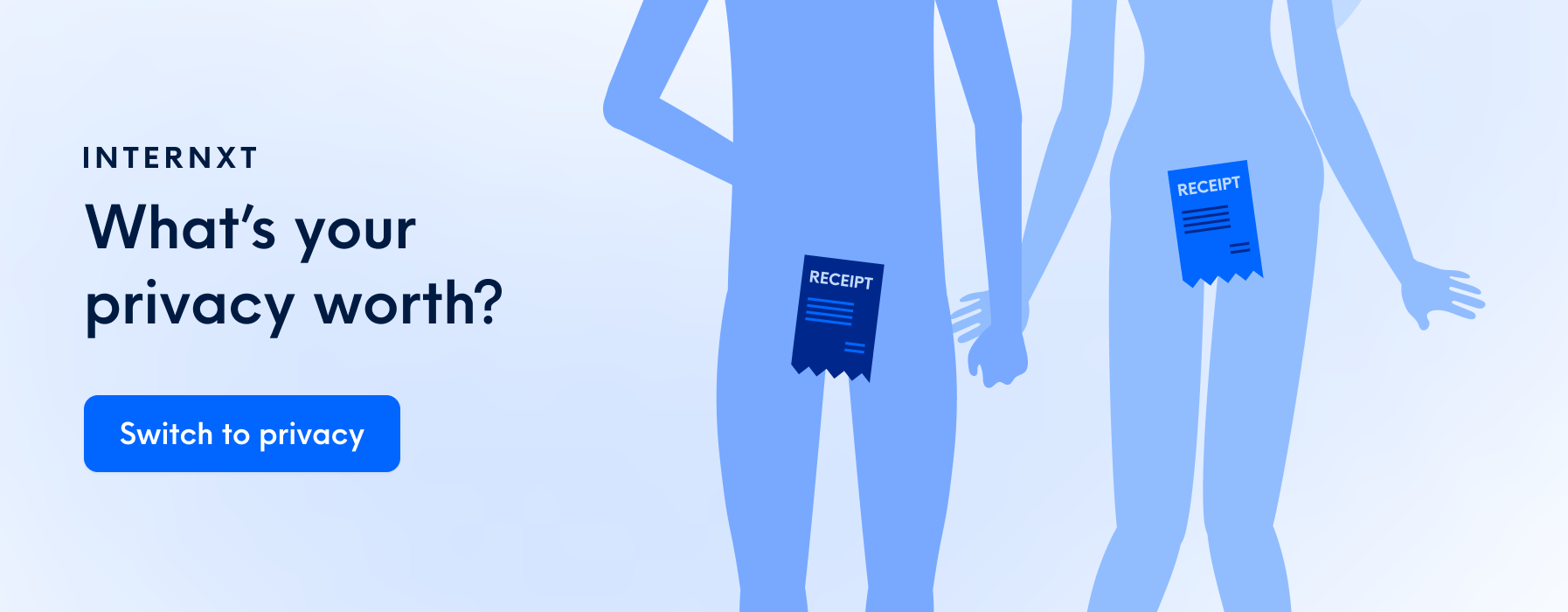
Travel
- Apple ID: $2.75
- Netflix: $3.30
- Spotify: $3.00
- Tidal: $19.75
- Steam: $3.30
Total: $36.50
Online shopping
- Airbnb: $2.75
- Airline: $3.30
- Uber: $3.00
- Expedia: $19.75
Total: $34.50
Finance
- Amazon Prime: $2.75
- Groupon: $3.30
- eBay: $3.00
Total: $9.05
All of this data from other platforms is worth $132.75.
How to protect your data online
Fortunately, many companies are fighting back against companies profiting from your data and giving you back control and give you more data security.
To spark change in online privacy, Internxt offers a secure cloud storage solution with their Google Drive alternative, Internxt Drive.
When you sign up to Internxt, you create an anonymous account, protecting your personal information (name and email address).
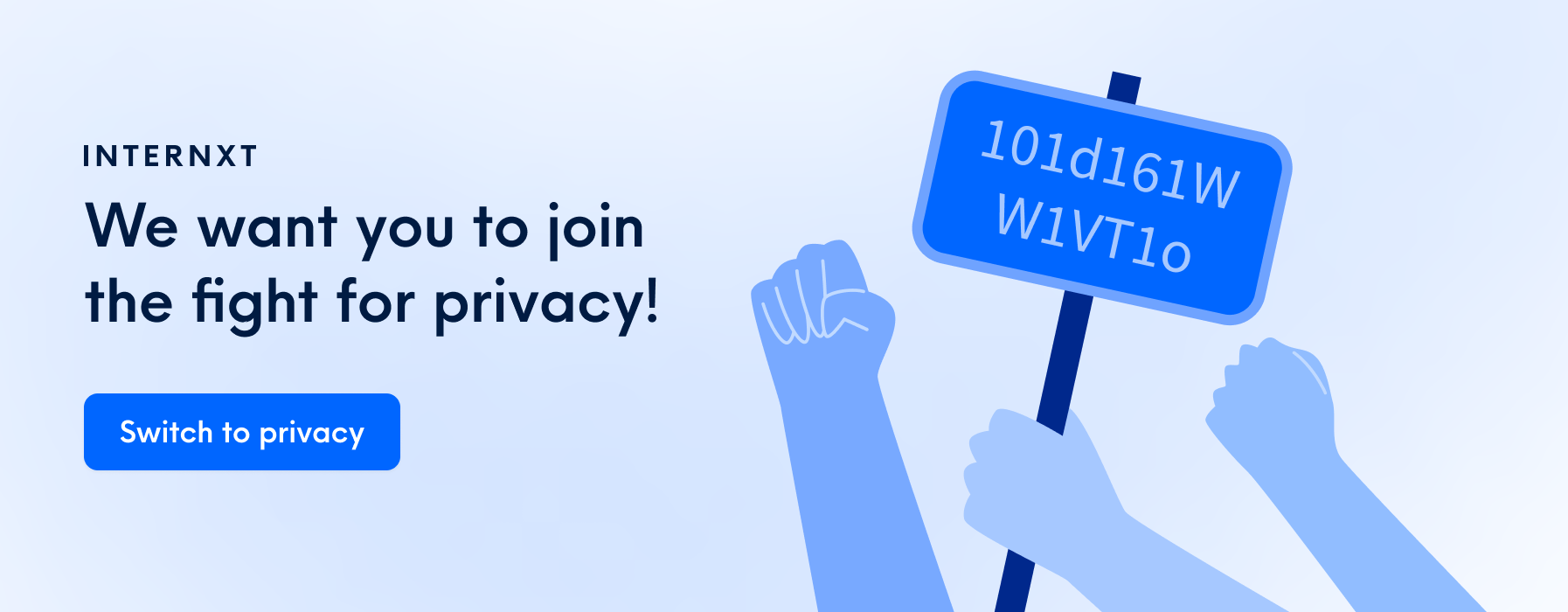
Finally, Internxt gives you full control of your data, and Internxt will never profit from your data by sharing it with others. Your data and what you store on Internxt Drive are your business.
You can sign up to Internxt for free and get 1GB of free storage for your files. Your data is worth protecting, and Internxt is a great start to stop companies profiting from your information.
Other online tools to protect your data
Here are some other tools you can add to your privacy routine to protect yourself from target ads, spam, network attacks, and more.
- Adblockers: Strong adblockers can prevent websites from loading target ads, and potential spam, reducing the data collected when browsing. Some adblockers are more powerful than others, so do your research based on your needs.
- Virtual Private Network (VPN): VPNs encrypt your internet traffic, making it more difficult for websites and trackers to monitor your online activity.
- Private browsers: 90% of internet users use Google as their search engine, but other, more private browsers offer built-in ad blocking and tracking protection. For increased privacy, look for ones not built using Chromium.
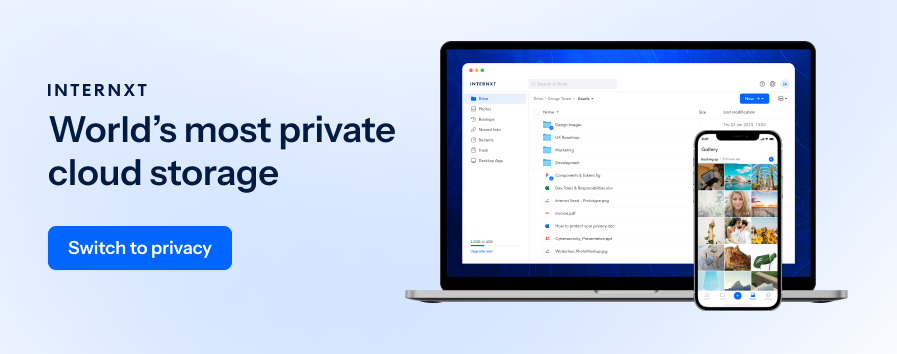
Making the switch to protect your data
Now you know what your data is worth across various platforms and industries, and you can start actively taking measures to protect it.
The first step is choosing platforms that offer end-to-end encryption for any platform handling your data.
While switching to more private alternatives can be a long journey, in the long run, its worth it to ensure your data is protected. Each year, the number of data breaches increases, costing industries millions of dollars, and costing users their privacy.

